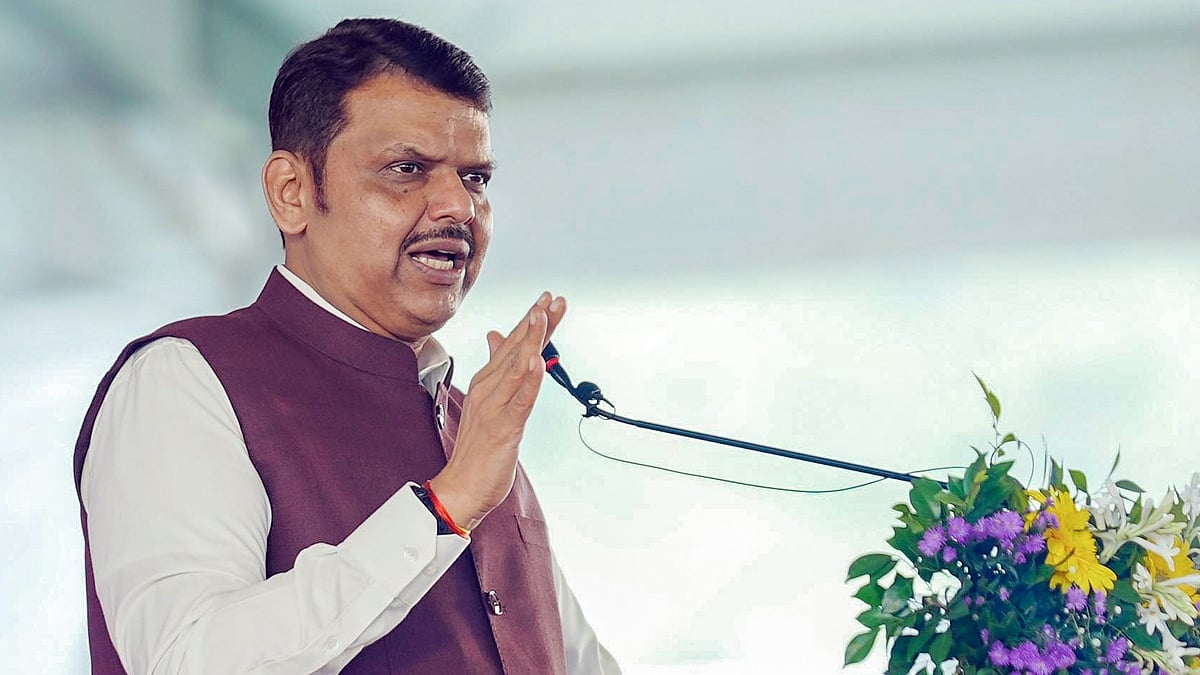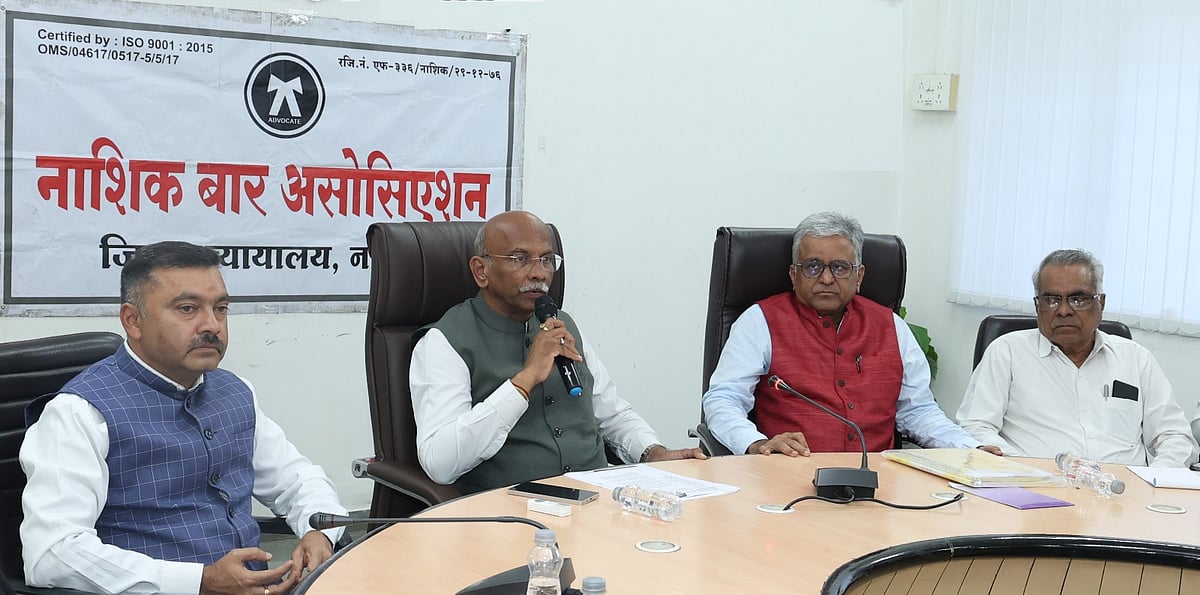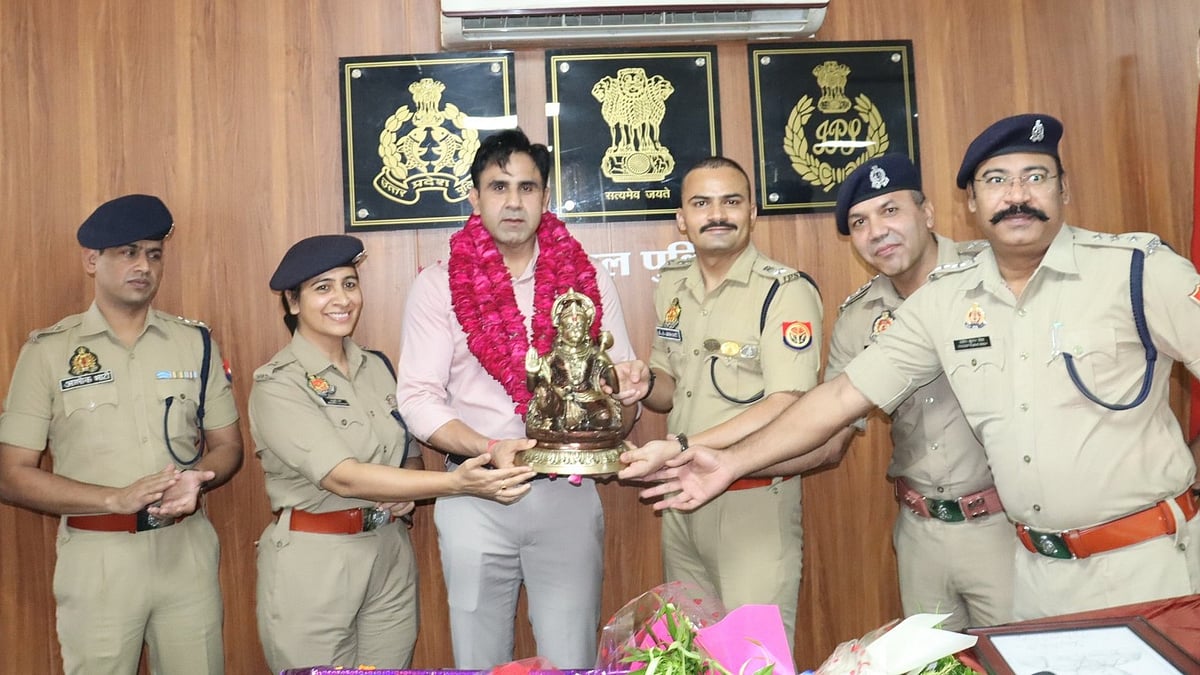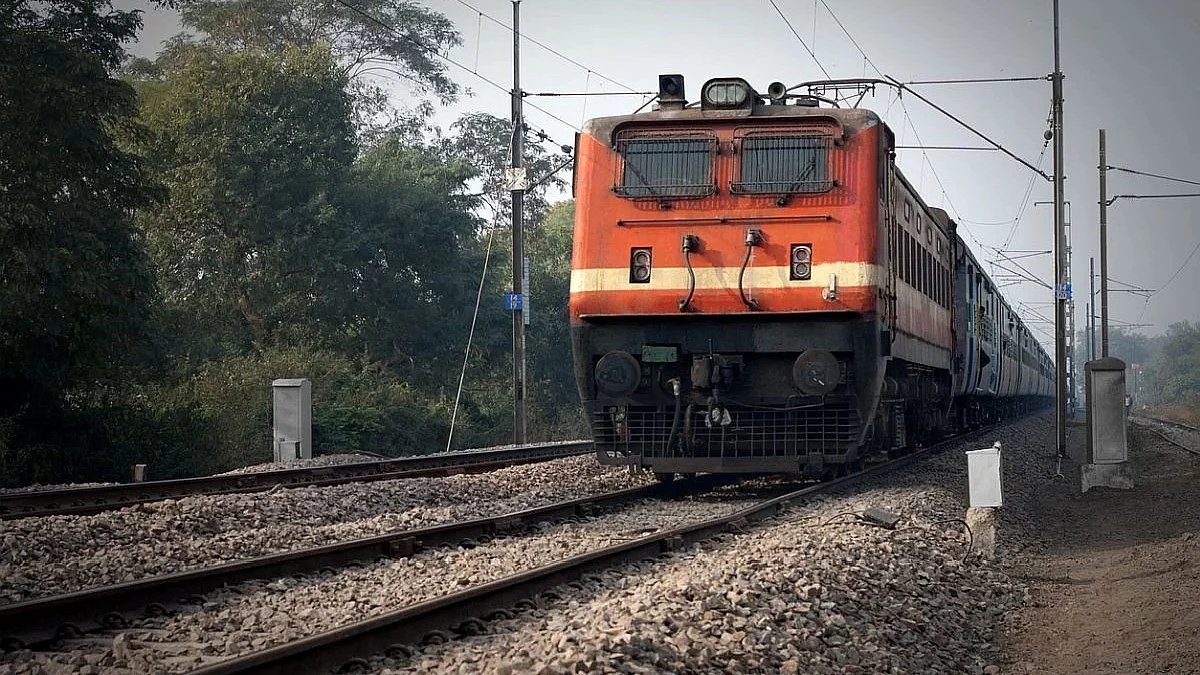New Delhi: A recent analysis by a team of German researchers that compared more than 30 state-of-the-art climate models from all around the world found that if global warming continues unchecked, summer monsoon rainfall in India will become stronger and more erratic in the coming years.
Since 1980 greenhouse gas-induced warming has become the deciding driver for more chaotic monsoon seasons. The study published in the journal Earth System Dynamics predicts stronger Indian monsoon seasons in the future, with potentially grave consequences for more than one billion people's well-being, economy, food systems, and agriculture.
As one of the integral components of the global climate system, the Indian monsoon provides water to the densely populated region of South Asia. About 80 per cent of the annual precipitation over India occurs during the summer period, supplying water to the crops during the prime agricultural season.
There is an inextricable link between the Indian summer monsoon and the health, as well as the socio-economic wellbeing of people. Thus, understanding the response of the Indian summer monsoon and its inter-annual variability to different global warming scenarios is critical for designing management strategies of water resources and agricultural policies in the future.
Lead author Anja Katzenberger from the Potsdam Institute for Climate Impact Research (PIK) and Ludwig-Maximilian University in Munich, Germany (LMU), said "We have found robust evidence for an exponential dependence: For every degree Celsius of warming, monsoon rainfalls will likely increase by about 5 per cent. Hereby we were also able to confirm previous studies but find that global warming is increasing monsoon rainfall in India even more than previously thought. It is dominating monsoon dynamics in the 21st century." Too much rainfall can harm plants
More rainfall is not necessarily a good thing for the farming sector in India and its neighbouring countries. As co-author Julia Pongratz from LMU explains: "Crops need water especially in the initial growing period, but too much rainfall during other growing states can harm plants - including rice on which the majority of India's population is depending for sustenance. This makes the Indian economy and food system highly sensitive to volatile monsoon patterns."
A look into the past underlines that human behaviour is behind the intensification of rainfall. Starting in the 1950s, human-made forcings began to overtake slow natural changes occurring over many millennia.
At first, high sun-light blocking aerosol loadings led to subdued warming and thus a decline in rainfall, but since then, from 1980 onwards, greenhouse gas-induced warming has become the deciding driver for stronger and more erratic monsoon seasons.
A threat to the well-being of the Indian subcontinent "We see more and more that climate change is about unpredictable weather extremes and their serious consequences," commented group leader and co-author Anders Levermann from PIK and Columbia University, New York/USA on the findings of the study.
He further explained the threat and added, "Because what is really on the line is the socio-economic well-being of the Indian subcontinent. A more chaotic monsoon season poses a threat to the agriculture and economy in the region and should be a wake-up call for policymakers to drastically cut greenhouse gas emissions worldwide."
The Potsdam Institute for Climate Impact Research (PIK) is one of the leading research institutions addressing relevant questions in the fields of global change, climate impacts and sustainable development. Natural and social scientists work closely together to generate interdisciplinary insights that provide a sound basis for decision-making for society, businesses and politics. PIK is a member of the Leibniz Association.











